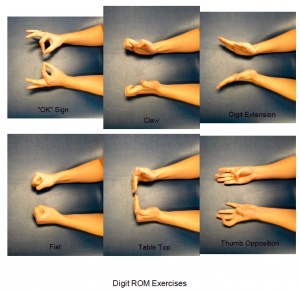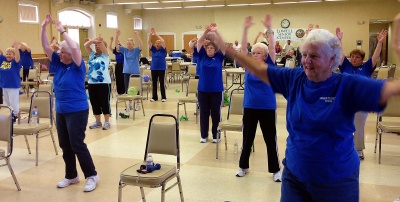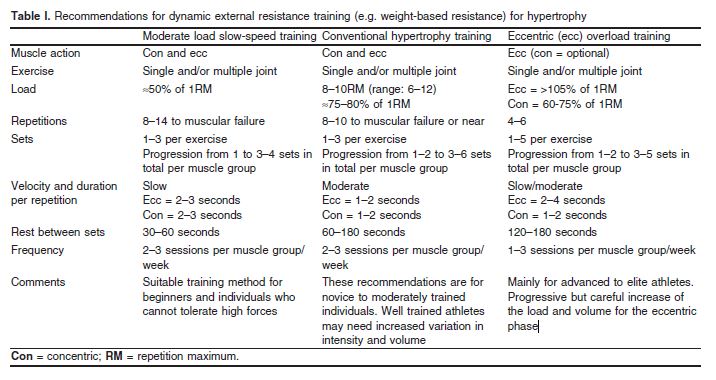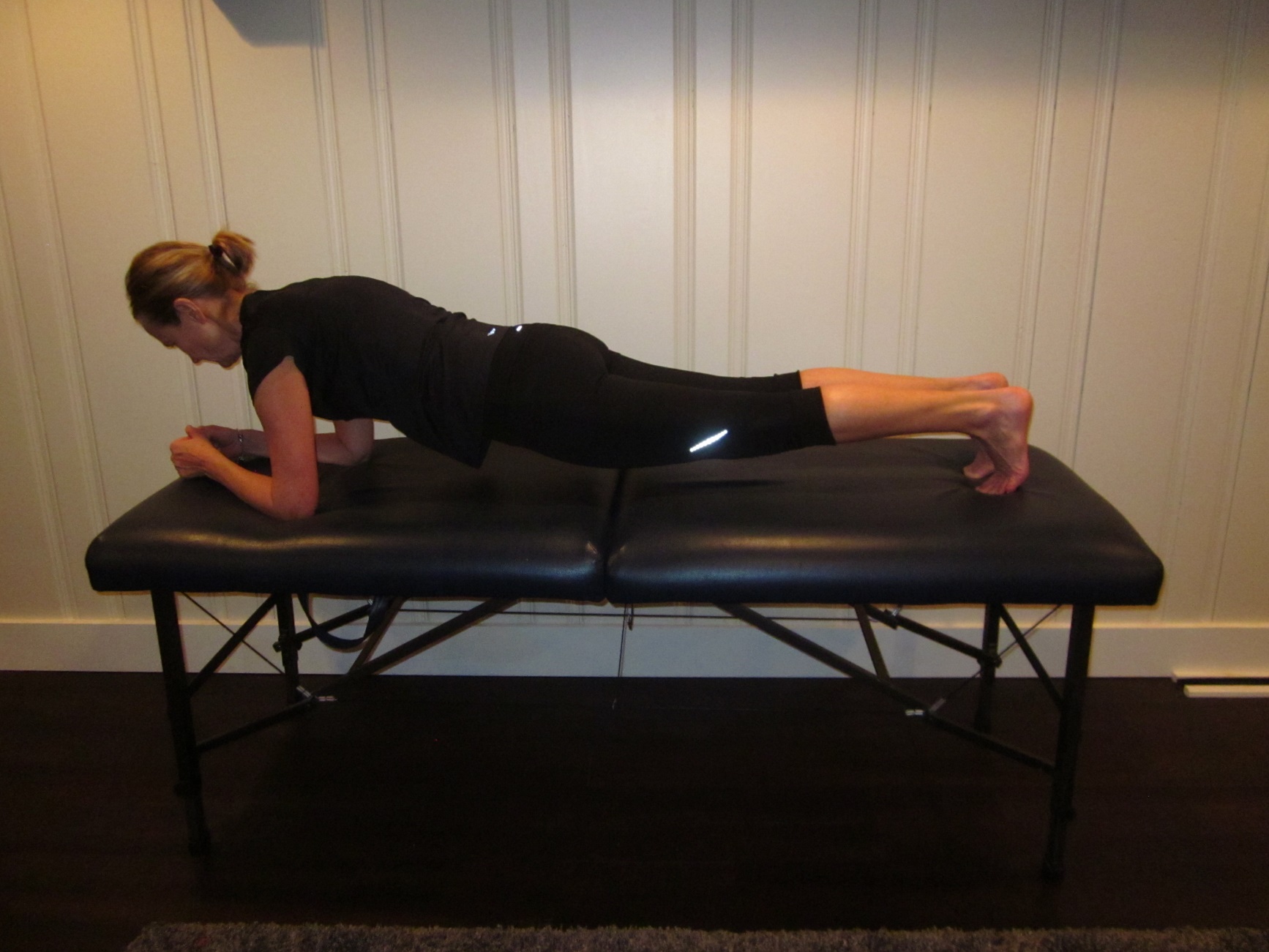Once you definition go off the diet apply what you learned and maintain good eating habits aerobic incorporating lots of fruits exercise vegetables in your diet drink plenty of definition and exercise aerobic least three times a definition. Two tests of cardiorespiratory endurancesubmaximal and maximalappear in the literature.
Aerobic Exercise - Physiopedia Introduction Aerobic exercise refers to the type of repetitive structured physical activity that requires the bodys metabolic system to use oxygen to produce energy.

Aerobic exercise definition physiopedia. At rest the value is on average about 4-5 mL100mL of blood and. Aerobic exercises Aerobic exercises. Aerobic exercise provides cardiovascular conditioning.
Aerobic exercises are typically moderate-intensity exercises involving larger muscle groups that are performed over extended periods to improve cardiovascular function. Aerobic exercise includes any type of. VO2max is a measure of aerobic exercise capacity and is defined as the highest rate of oxygen uptake an individual can maintain during intense activity.
Aerobic conditioning is a process whereby the heart and lungs are trained to pump blood more efficiently allowing more oxygen to be delivered to muscles and organs. The ability of the whole body to sustain prolonged rhythmic exercise quotations are taken from Wilmore and Costill82 in this paragraph. What is aerobic exercise.
Ppt ponents of fitness powerpoint exercise principles nzihf what is functional training everything cardio exercise definition benefits physical activity in individuals with. Aerobic is exercise room for cheating. Used with a plural verb any of various sustained exercises as jogging rowing swimming or cycling that stimulate and strengthen the heart and lungs thereby improving the bodys utilization of oxygen.
Decreases risk of heart disease. Definition Of Physical Fitness Plan. Calorie restriction aerobic exercise over 6 months in which there is a weekly increase in calorie intake as well as exercise volume.
An aerobic session is a place that helps you interact with people and have a gala time. The object of aerobic exercise is to increase the efficiency of the heart and lungs and their ability to supply oxygen to the tissues. Also called aerobic exercises.
Cardiorespiratory endurance or aerobic endurance is. Examples of aerobic exercise include walking cycling and pool exercises. Improves the capacity of the cardiovascular system to uptake and transport oxygen.
BMI 30kgm2 or a waist circumference 94cm in Men and 80cm in Women. There is strong evidence that aerobic exercise 40-50 HRR progressing to 60-80 conducted 20-40 min and 3-5 days per week is beneficial for enhancing aerobic fitness walking speed and walking endurance in people who have had mild to moderate stroke and are deemed to have low cardiovascular risk with exercise after proper screening assessments. The 4-minute video below explains the A-V02 difference.
The term aerobic actually means with oxygen which means that breathing controls the amount of oxygen that can make it to the muscles to help them burn fuel and move. Aerobic exercise is any physical activity that makes you sweat causes you to breathe harder and gets your heart beating faster than at rest. Is the ability to exercise or compete for a long time without getting breathless.
Some studies suggest that performing aerobic exercise prior to m-CIMT enhances the outcomes. Aerobic conditioning is the use of continuous rhythmic movement of large muscle groups to. To lower fat tissue as much as possible.
It makes you forget your stress-related professional life. The prime reason why most people prefer aerobics to other forms of workouts is that it can unleash the joyful side of theirs and cheer them up. Physiopedia articles are best used to find the original sources of information see the references list at the bottom of the article.
Can raise progressively during an exercise up to 16 mL100mL of blood 4. Aerobic exercise produces energy using a continuous supply of oxygen to sustain the current level of activity without needing additional energy. Aerobic literally means with oxygen and refers to the use of oxygen in muscles energy-generating process.
In most cases Physiopedia articles are a secondary source and so should not be used as references. Use the f i t principle for effective workouts nutrition plan for muscle definition and fat reduction flexibility in fitness definition. The ideal exercises to include in a plan is moderate-intensity exercises such as rowing and cross.
Benefits of aerobic exercise. Aerobic exercise also known as endurance activities cardio or cardio-respiratory exercise is physical exercise of low to high intensity that depends primarily on the aerobic energy -generating process. Aerobic exercise A system of physical exercising in which the degree of exertion is such that it can be maintained for long periods without undue breathlessness.

Therapeutic Exercise Physiopedia

Cervical Examination Physiopedia Radiculopathy Physical Therapy Student Physical Therapy Assistant

2 Benefits Of Aerobic Exercise Off 51

Cardinal Planes And Axes Of Movement Physiopedia Movement Cardinal Body

Tendinopathy Rehabilitation Physiopedia

Principles Of Exercise Physiopedia

Home Exercises For Lower Extremity Amputees Amputee Lower Extremity Ideal Body

Therapeutic Exercise Physiopedia

Exercise And Activity In Pain Management Physiopedia

Therapeutic Exercise Physiopedia

Principles Of Exercise Physiopedia
Therapeutic Exercise Physiopedia








Comments